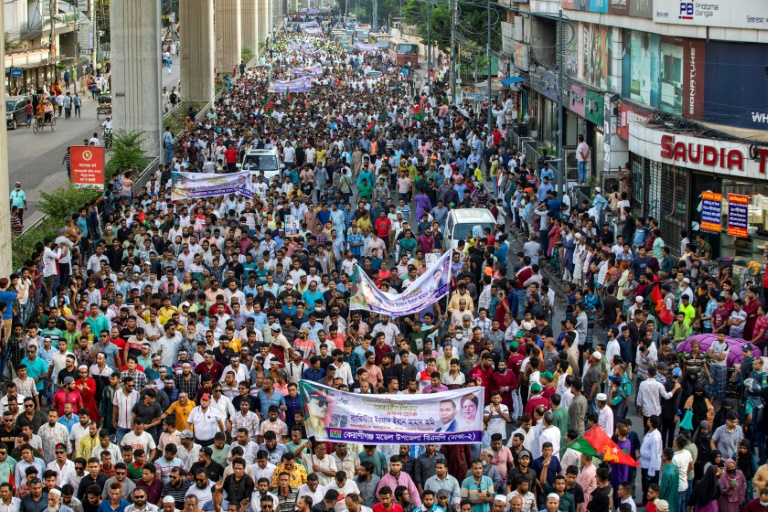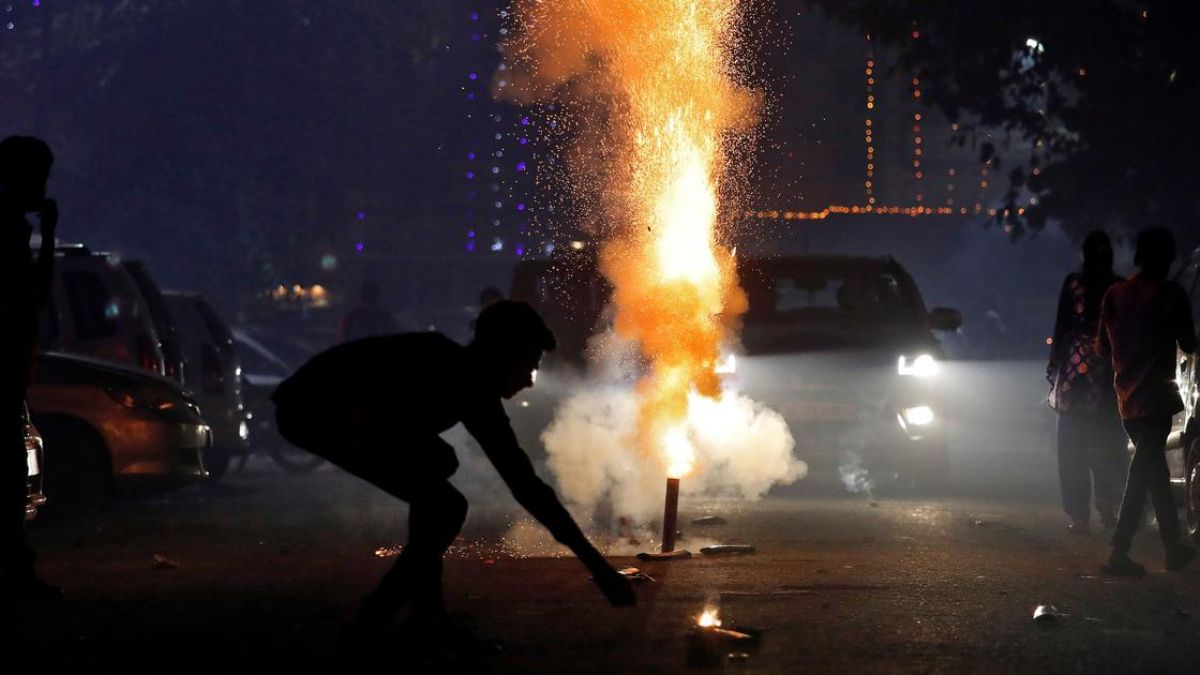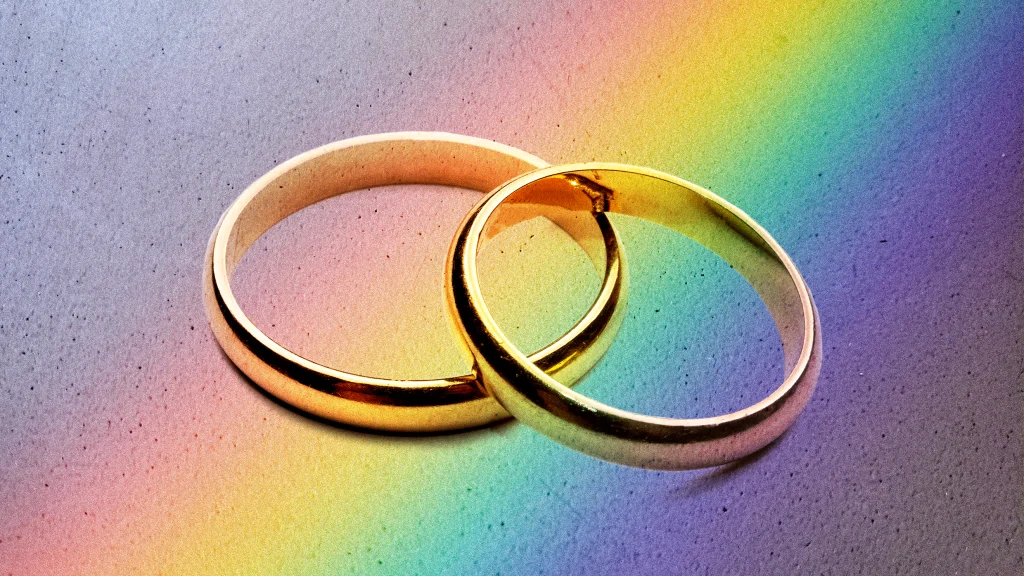By MARK SHERMAN (Associated Press)
WASHINGTON (AP) — The Supreme Court has scheduled a special session to hear arguments over whether former President Donald Trump can be prosecuted over his efforts to undo his 2020 election loss to President Joe Biden.
The case, to be argued Thursday, stems from Trump’s attempts to have charges against him dismissed. Lower courts have found he cannot claim for actions that, prosecutors say, illegally sought to interfere with the election results.
The Republican ex-president has been charged in federal court in Washington with conspiring to overturn the 2020 election, one of four criminal cases he is facing. A trial has begun in New York over hush money payments to a porn star to cover up an alleged sexual encounter.
The Supreme Court is moving faster than usual in taking up the case, though not as quickly as special counsel Jack Smith wanted, raising questions about whether there will be time to hold a trial before the November election, if the justices agree with lower courts that Trump can be prosecuted.
The justices ruled earlier this term in another case that arose from Trump’s actions following the election, culminating in the Jan. 6, 2021, attack on the U.S. Capitol. The court unanimously held that states could not invoke a provision of the 14th Amendment known as the insurrection clause to prevent Trump from appearing on presidential ballots.
Here are some things to know:
WHAT’S THE ISSUE?
When the justices agreed on Feb. 28 to hear the case, they put the issue this way: “Whether and if so to what extent does a former President enjoy presidential immunity from criminal prosecution for conduct alleged to involve official acts during his tenure in office.”
That’s a question the Supreme Court has never had to answer. Never before has a former president faced criminal charges so the court hasn’t had occasion to take up the question of whether the president’s unique role means he should be shielded from prosecution, even after he has left office.
Both sides point to the absence of previous prosecutions to undergird their arguments. Trump’s lawyers told the court that presidents would lose their independence and be unable to function in office if they knew their actions in office could lead to criminal charges once their terms were over. Smith’s team wrote that the lack of previous criminal charges “underscores the unprecedented nature” of what Trump is accused of.
NIXON’S GHOST
Richard Nixon resigned the presidency in disgrace nearly 50 years ago rather than face impeachment by the House of Representatives and removal from office by the Senate in the Watergate scandal.
Both Trump’s lawyers and Smith’s team are invoking Nixon at the Supreme Court.
Trump’s team cites Nixon v. Fitzgerald, a 1982 case in which the Supreme Court held by a 5-4 vote that former presidents cannot be sued in civil cases for their actions while in office. The case grew out of the firing of a civilian Air Force analyst who testified before Congress about cost overruns in the production of the C-5A transport plane.
“In view of the special nature of the President’s constitutional office and functions, we think it appropriate to recognize absolute Presidential immunity from damages liability for acts within the ‘outer perimeter’ of his official responsibility,” Justice Lewis Powell wrote for the court.
But that decision recognized a difference between civil lawsuits and “the far weightier” enforcement of federal criminal laws, Smith’s team told the court. They also invoked the high court decision that forced Nixon to turn over incriminating White House tapes for use in the prosecutions of his top aides.
And prosecutors also pointed to President Gerald Ford’s pardon of Nixon, and Nixon’s acceptance of it, as resting “on the understanding that the former President faced potential criminal liability.”
TIMING IS EVERYTHING
The subtext of the immunity fight is about timing. Trump has sought to push back the trial until after the election, when, if he were to regain the presidency, he could order the Justice Department to drop the case. Prosecutors have been pressing for a quick decision from the Supreme Court so that the clock can restart on trial preparations. It could take three months once the court acts before a trial actually starts.
If the court hands down its decision in late June, which would be the typical timeframe for a case argued so late in the court’s term, there might not be enough time to start the trial before the election.
WHO ARE THE LAWYERS?
Trump is represented by D. John Sauer, a former Rhodes Scholar and Supreme Court clerk to Justice Antonin Scalia. While serving as Missouri’s solicitor general, Sauer won the only Supreme Court case he has argued until now, a 5-4 decision in an execution case. Sauer also filed legal briefs asking the Supreme Court to repudiate Biden’s victory in 2020.
In addition to working for Scalia early in his legal career, Sauer also served as a law clerk to Michael Luttig when he was a Republican-appointed judge on the Richmond, Virginia-based federal appeals court. Luttig joined with other former government officials on a brief urging the Supreme Court to allow the prosecution to proceed. Luttig also advised Vice President Mike Pence not to succumb to pressure from Trump to reject some electoral votes, part of Trump’s last-ditch plan to remain in office.
The justices are quite familiar with Sauer’s opponent, Michael Dreeben. As a longtime Justice Department official, Dreeben argued more than 100 cases at the court, many of them related to criminal law. Dreeben was part of special counsel Robert Mueller’s investigation of Russian interference in the 2016 election and joined Smith’s team last year after a stint in private practice.
In Dreeben’s very first Supreme Court case 35 years ago, he faced off against Chief Justice John Roberts, then a lawyer in private practice.
FULL BENCH
Of the nine justices hearing the case, three were nominated by Trump — Amy Coney Barrett, Neil Gorsuch and Brett Kavanaugh. But it’s the presence of a justice confirmed decades before Trump’s presidency, Justice Clarence Thomas, that’s generated the most controversy.
Thomas’s wife, Ginni Thomas, urged the reversal of the 2020 election results and then attended the rally that preceded the Capitol riot. That has prompted calls for the justice to step aside from several court cases involving Trump and Jan. 6.
But Thomas has ignored the calls, taking part in the unanimous court decision that found states cannot kick Trump off the ballot as well as last week’s arguments over whether prosecutors can use a particular obstruction charge against Capitol riot defendants. Trump faces the same charge in special counsel Jack Smith’s prosecution in Washington.





)

